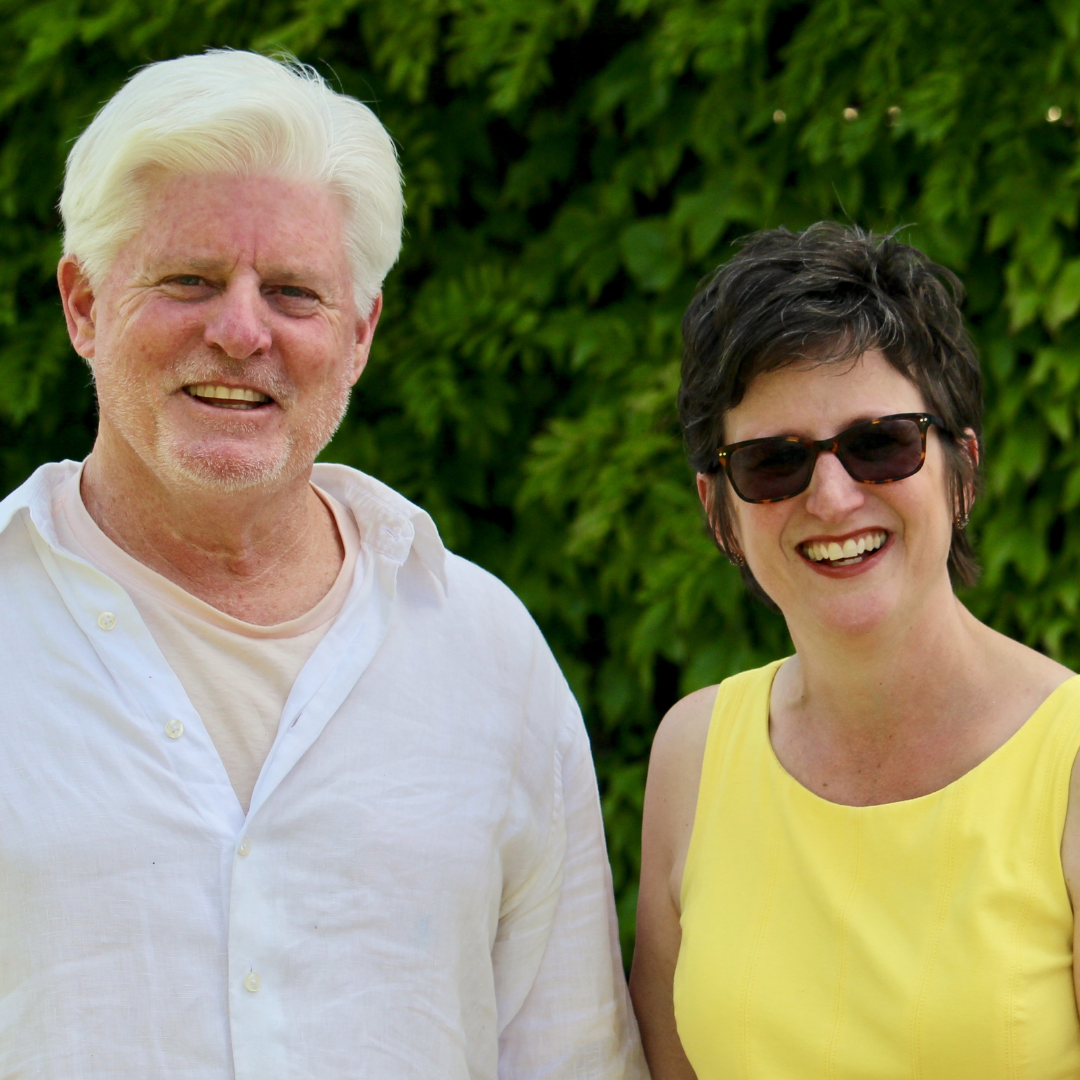



Despite being a transformative force in tech education and gender equality, Maartje Damoiseaux insists she is not a role model. As the Director Business Management and Technology and Applied Natural Sciences at Fontys University of Applied Sciences, she is not just adapting to change. She is driving it, ensuring the next generation of tech talent is prepared for the real-world demands of industry. But her mission extends far beyond curriculum reform. She is dismantling the outdated notion that women in tech are “exceptional,” working instead to make their presence the norm. Because that’s how it should be.
For Maartje, it is not about filling quotas or paying lip service to diversity. It's about real systemic change, reshaping education, challenging biases and creating an environment where women (and men) don't just enter the tech field, but thrive in it.
Tackling the talent and accessibility gap
The tech industry faces a severe shortage of skilled professionals, which threatens to stifle innovation. As someone who works to bridge the distance between academics and the industry, Maartje suggests a two-pronged approach: tackling the current challenges in attracting talent and rethinking education for the future. With Eindhoven’s tech ecosystem booming, the region needs more skilled workers, but restrictive policies and housing shortages are deterrents.
“We have the money. We can say, ‘Come to Holland, come to Brainport,’ but they can’t come because there’s no housing. In tech, retention isn’t the issue. Most international graduates want to stay and contribute. The real problem is accessibility.”
Solutions such as priority housing for tech students and workers and recognizing that without intervention, the talent pipeline just might stagnate should be the focus, in Maartje’s opinion. “Otherwise Brainport will lose its competitive edge.”
“We can never meet the demand” unless we change the game
Another big challenge is the tech sector’s future talent needs. Maartje is addressing it by fundamentally changing how education prepares students. “We have to grow with a certain amount of percentage in our degrees, but we can never meet the demand our field has. Never.”
Traditional education models, she argues, often fail students by prioritizing theory over adaptability. Many graduates enter the workforce with strong theoretical knowledge but struggle to apply it in fast-evolving tech environments. Her solution? Personalized, outcome-based learning.
At Fontys, she is pioneering an approach where students prove their competencies through real-world projects, industry collaborations or portfolios. Not just standardized exams. “If a student can demonstrate their skills by building something, why force them to sit through a three-hour written test? The industry doesn’t work that way,” she says. This shift is especially crucial for women, who frequently face unconscious bias in traditional academic structures. By allowing multiple pathways to success, you can reduce barriers and create a more inclusive learning environment.
Championing ‘unremarkable’ women in tech
Despite progress, women remain underrepresented in technical fields. At Fontys itself, only 15-20% of tech students are female, a figure that grows frustratingly slowly. Yet Maartje rejects the notion that women in tech are “remarkable.” She starts by pointing out that almost 40% of the people working in the department are women. They just don’t necessarily have a tech background. “I don’t see myself as a role model,” she says. “I think giving girls and women the chance to see that this is really fun work – and that there’s no difference between men and women – is key.”
Rather than framing tech as a male-dominated space requiring special entry for women, she wants to normalize female participation.
“Sometimes I feel like we’re making too big of a fuss about women in tech. We’re making it an exceptional story, but we’re not exceptions. We’re already here.”
Her approach resonates with young women and girls like her 10-year-old daughter. Like many of her peers, she seeks to belong rather than stand out. By showcasing that tech is a natural, inclusive space for women, Maartje hopes to do away with these stereotypes before they take root.
"If there’s no reason to say no, say yes"
Maartje’s leadership style is rooted in pragmatic optimism, a trait she credits to her grandmother, a fiercely independent woman who lived life on her own terms. "She was married four times, outlived all her husbands, and at 95, still said, ‘I want pleasure in my life.’ She taught me that if there’s no reason to say no, say yes."
This mindset has shaped pivotal career moments for her. When offered her current role, she hesitated since her daughter was just five. Her husband’s response? “We’ll figure it out,” he said. “Women often overthink risks,” Maartje adds. “Men just go for it. We need that mindset.” Now, she applies this philosophy to championing other women by treating females in tech as a rule rather than exception and by continuing to make space for them.
Modularizing entrepreneurship for all
Beyond the classrooms, Maartje also oversees the Fontys Center for Entrepreneurship, guiding students – from artists to engineers – in launching startups. “Tech isn’t just for coders. We need marketeers, project leaders, communicators. Diversity drives innovation,” she said. Her own career proves this. Despite not being from a tech background, she leads a department shaping future engineers.
One of her most interesting initiatives?
A modular entrepreneurship minor, open to students across disciplines, different kinds and stages of business evolution. “You have a lot of expat women and entrepreneurs who come here with their partners. And we have this great program that might help them also,” Maartje says. She’s also advocating for more flexible degree paths, allowing students to blend work and study, a model that could particularly benefit women balancing careers and families.
The future needs a more inclusive, adaptive tech ecosystem
Maartje’s work is far from done. She envisions a future where education is flexible, adapting to individual learning styles, and where international talent is welcomed with policies that support integration. And most of all, a tech industry where gender parity isn’t a remarkable achievement; it’s the norm. “We’re at the threshold of real change. We get to make an impact – if they let us. But I believe we’re right at the heart of changing the game,” she says.
For women considering a career in tech, Maartje’s message is clear: you don’t have to be the exception. The door is open. Walk through it.